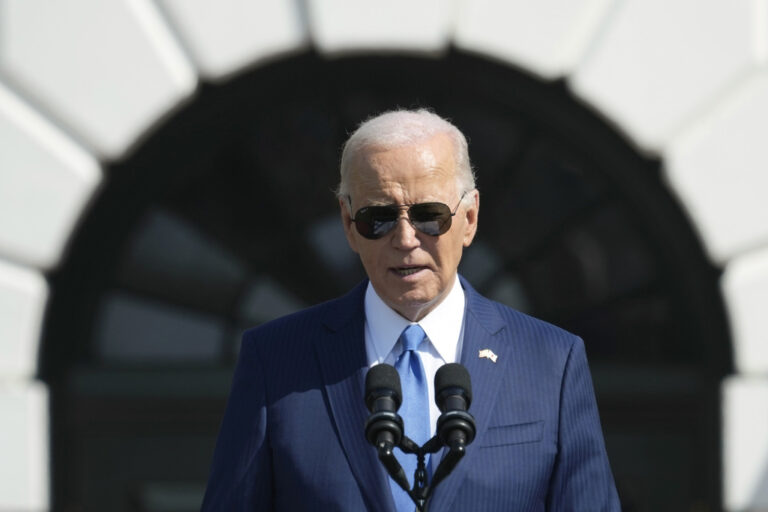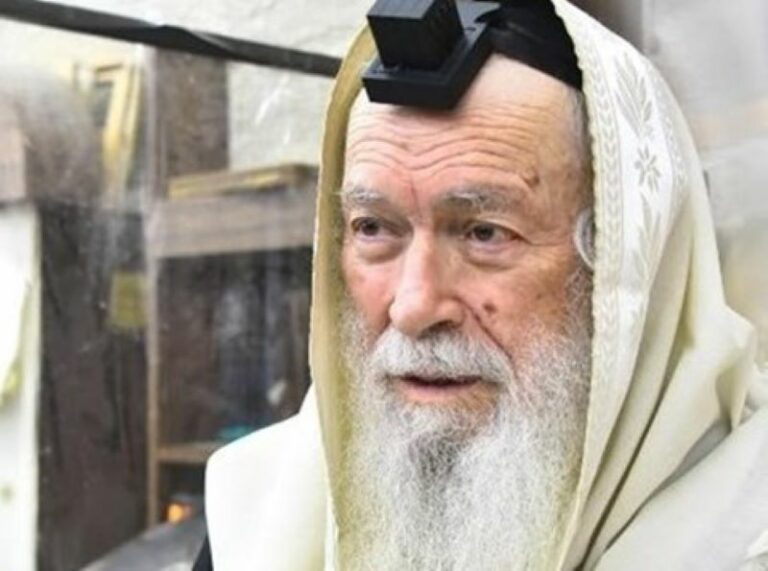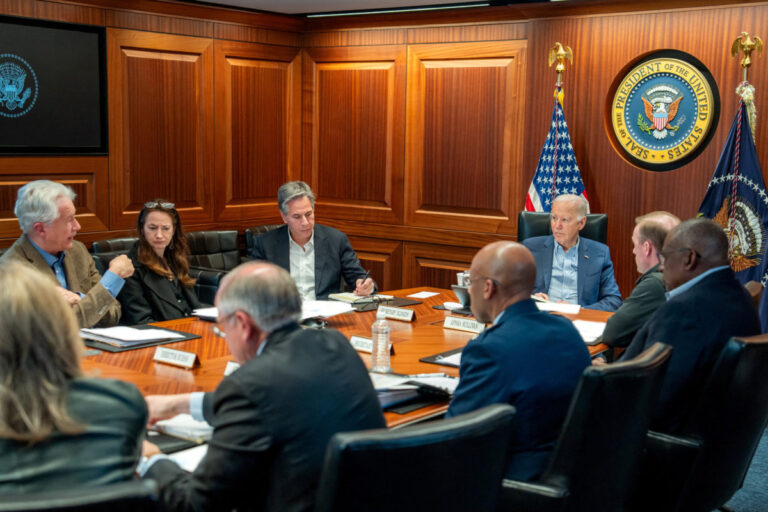 Jeb Bush called himself a “head-banging conservative” back in 1994 when he ran for governor of Florida on a promise to “club this government into submission.”
Jeb Bush called himself a “head-banging conservative” back in 1994 when he ran for governor of Florida on a promise to “club this government into submission.”
He lost.
Four years later, the Republican returned as a compassionate voice for education reform and society’s have-nots.
He won.
It’s a lesson that still shapes Bush’s approach to politics and was evident this past week when he took the latest step toward the 2016 presidential race.
Known for his frequent admonishments that the GOP soften its rhetoric, build consensus and offer an “optimistic” vision, Bush dismisses the critiques of activists who say such warnings are proof that he is too moderate for today’s Republican Party.
Advisers and former aides say Bush, in many ways, is just as conservative now as he was as a 41-year-old first-time candidate who referred to his young staffers as “gladiators.” What has changed is his ability to sell what he believes to voters outside the party’s base.
“He didn’t change his core principles,” said Sally Bradshaw, a Republican strategist who ran Bush’s campaigns and is one of his closest advisers. “He saw a way to bring people along.”
In the recent launch of a political action committee called Right to Rise, Bush described his potential campaign in the most detailed terms to date, and did so in a style that could fairly be called populist.
“Millions of our fellow citizens across the broad middle class feel as if the American dream is now out of their reach; that our politics are petty and broken; that opportunities are elusive; and that the playing field is no longer fair or level,” he wrote.
That message bears little resemblance to the Bush of 20 years ago, when the former chairman of the Miami-Dade Republican Party entered a seven-way GOP primary for governor. Trying to distinguish himself as a conservative warrior, he did things such as denouncing Democratic Gov. Lawton Chiles for not signing death warrants fast enough.
Women on welfare, Bush said, “should be able to get their life together and find a husband” or other ways to support themselves. Gays and lesbians, he said, do not deserve special legal protections because “we have enough special categories, enough victims, without creating even more.” Asked what he would do for African-Americans, he famously said, “probably nothing,” explaining that he wants “equality of opportunity” for all people.
Bush won his party’s nomination, but quickly faced accusations from Democrats that he was an inexperienced, radical son of presidential privilege, hostile to the interests of minorities and working-class voters. He lost by less than 64,000 votes, his approach having alienated too many independents.
“That kind of tone, that Ted Cruz-tone, if you will, while tactically necessary on one level, contributed to his defeat on another level,” said Mac Stipanovich, a longtime GOP strategist who advised the campaign. Cruz, a GOP senator from Texas, is an outspoken tea party favorite who also is considering a presidential run in 2016.
Stung by the loss, Bush founded a think tank to focus on policy and he traveled the state meeting with minority groups that typically align with Democrats. After a campaign in which he promised to dismantle the state’s education department, he focused on schools and worked with T. Willard Fair, the head of the Urban League of Miami, to open Florida’s first charter school in Liberty City, a poor, predominantly black neighborhood.
“Most Republicans think black folks are going to be Democrats and won’t vote for them,” Fair said. “He decided, ‘I won’t know that unless I try to make an appeal to them.'”
Bush has called the experience a “personal transformation.” While he pushed a conservative platform that included an overhaul of the state’s education system in his second campaign for governor in 1998, he did not go out of his way to emphasize the more controversial parts of his beliefs. He campaigned in black churches and public schools, infused his message with compassion for the poor and talked about areas of common agreement.
“If the goal is to effect change and create opportunity for people, and if you believe in the policies you are advocating, you look for ways to make your case so they will listen,” Bradshaw said.
Bush endorsed more spending on education, but insisted also on accountability measures, including a program that would use taxpayer dollars to finance private-school tuition for students in failing public schools.
“Many, many times on the campaign trail, people said, ‘I will never vote for Jeb Bush. He’s too conservative,'” said Brett Doster, a Florida-based Republican operative who worked on Bush’s campaigns.
But after hearing him speak, Doster said, “they would come out and say, ‘I don’t agree with everything he said, but he’s really thought about this and wants to do the right thing for kids, businesses.’ That kind of leadership can transform a political sphere.”
Bush won easily the second time around, then moved quickly to put in place a conservative agenda. Pursuing what he called “big, hairy, audacious goals,” he found a way to cut taxes by the billions in a state that lacks an income tax. He abolished affirmative action programs and created the nation’s first statewide school-voucher program.
Democrats accused him of political sleight of hand, a charge they resurrected recently when Bush, a longtime opponent of gay marriage, said a court ruling allowing gay marriages in Florida should be respected as “the rule of law.”
U.S. Rep. Debbie Wasserman-Schultz, who served in the Legislature while Bush was governor, said he “pretends to be someone he’s not.”
“There is not a single moderate bone in his body,” said Wasserman-Schultz, who now leads the Democratic National Committee.
Bush’s supporters reject that characterization, saying Bush was clear about his priorities and noting he was re-elected in a landslide in 2002.
As Stipanovich put it, “I don’t think Jeb Bush is in the business of making enemies. He’s in the business of persuading people that he’s right.”
(AP)






4 Responses
If the national mood by 2016 is a desire for a “breath of fresh air”, Bush (and Romney and Clinton) might as well give up. If the mood is desiring somewhat with a good resume, Bush has a lot going for him (Governor of the third largest state, international experience, too much yichus for his own good). IMHO the mood will be for “change”, and Dr. Carson (who has never held public office) has the best chance for the Republicans.
You so right
Dream on.. akurpema. Sadly
Clinton is ahead of all polls.
#3 – Clinton was well ahead in the polls in 2006, yet somehow she isn’t finishing her second term in 2014. At this point what the polls indicate is largely name recognition, and names such as Romney, Bush and Clinton are well known, Their “lead” is a function of name recognition, and that changes as the campaign gets serious. The reason Carson is interesting is that he is well known already, and not for working for the government.
At this point, most Americans are fed up with both parties, and regard the government, over the last 16 years (if not more) as having managed to fail miserably. That’s why newcomers such as Carson or Warren may be their parties best bets (and don’t be surprised if a moderate Democrat enters politics as well).